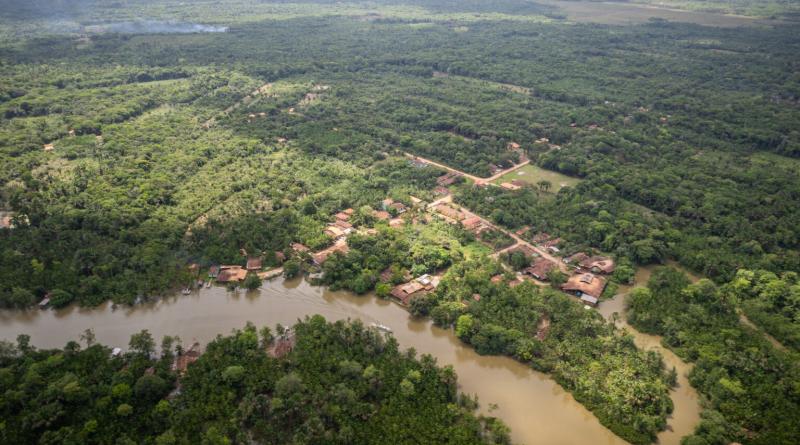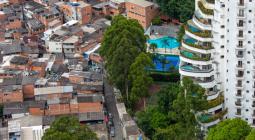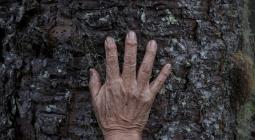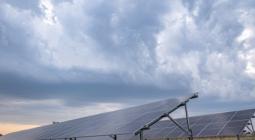“Carbon Cowboys” Chasing Emissions Offsets in the Amazon Keep Forest-Dwelling Communities in the Dark

Indigenous and traditional groups in the forest are rarely consulted about carbon credit projects they see as the latest gold rush on their lands, and question the community and climate benefits the projects promise.
Related
-
Most Countries are Falling Short of Their Promises to Stop Cutting Down the World’s Trees
-
Europe Just Launched the World’s First Carbon Tariff. Will the United States Follow Suit?
-
Forests Are Worth More Than Their Carbon, a New Paper Argues
Share this article
“The first time I heard about carbon credits, I didn’t understand what they were about at all,” says Queila Couto, a lawyer, while staring into the Itacuruçá River in the Brazilian state of Pará, “and it was bad.”
Couto is a quilombola, an Afro-Brazilian descendent of escaped slaves, many of whom established homes in the most forested parts of the Amazon. She grew up in a community called São João, aware that it was inextricably linked to the river and trees. Then the carbon offset developers arrived.
In 2021, Amazon Carbon, a company that uses commitments to protect carbon stored in trees as the basis for credits it sells to businesses, governments and individuals to offset their emissions of greenhouse gases, invited the heads of sleepy São João, as well as other leaders, to the nearby city of Abaetetuba. The agenda? Encourage quilombola community members to sign on to a new, lucrative project that would cultivate new carbon credits from hundreds of hectares of their land.
Couto, a legal advisor to the quilombola organization MALUNGU and 144 quilombola communities, contacted the public prosecutor’s office for Pará, the state where São João is located. She had seen project developers try to selectively convince local leaders that they were sitting on a goldmine, but fail to convene public meetings where community members could participate in the decision-making process—a clear violation of the free, informed and prior consent Brazilian law requires for projects with Indigenous and traditional communities.
Projects like the one planned for São João come at a time when the voluntary carbon credit market still operates without rigorous oversight and resembles something of a Wild West gold rush. Voluntary forest carbon offsets, financial mechanisms that both the buyers and sellers can choose to trade in or not, have exploded in recent years. Hundreds of projects are currently underway globally, with billions of dollars changing hands as a result.





